"Indulge Your Senses: The Allure of Dark Chocolate"

In the world of confectionery, one delicacy stands out as a timeless favorite - dark chocolate. Beyond being a delicious treat, dark chocolate has a rich history and a plethora of health benefits that make it a beloved choice for many. In this blog, we'll explore the fascinating world of dark chocolate, from its origins to the science behind its undeniable allure.
A Brief History
Dark chocolate, often referred to simply as "dark," "bittersweet," or "semisweet" chocolate, has been savored for thousands of years. It traces its roots to ancient Mesoamerican cultures, such as the Mayans and Aztecs, who brewed a bitter beverage from cacao beans. These early concoctions served as a form of currency, a sacred elixir, and a symbol of royalty.
The transformation of cacao into the beloved dark chocolate bars we enjoy today came much later. The cacao bean arrived in Europe during the 16th century and underwent various refinements in preparation and production. Eventually, it became the delectable treat we recognize today.
What Makes Dark Chocolate So Special?
-
Rich in Antioxidants: Dark chocolate is a rich source of antioxidants, particularly flavonoids. These compounds help combat free radicals and reduce oxidative stress in the body, contributing to overall health and well-being.
-
Heart-Healthy: Consuming moderate amounts of dark chocolate has been associated with cardiovascular benefits. It can improve blood flow, reduce blood pressure, and lower the risk of heart disease.
-
Mood Enhancer: Dark chocolate contains substances like phenylethylamine and serotonin precursors, which can boost your mood and create feelings of happiness and well-being. This is why it's often considered a comfort food.
-
Mineral Rich: Dark chocolate is a good source of essential minerals such as iron, magnesium, and copper, which are necessary for various bodily functions, including energy production and bone health.
-
Brain Booster: Some studies suggest that dark chocolate may enhance cognitive function and help protect the brain from age-related degeneration. The caffeine and theobromine content can also improve alertness.
The Science of Taste
Dark chocolate's appeal goes beyond its health benefits. It's the intricate balance of flavors and textures that make it an indulgent experience. The main components contributing to its irresistible taste include:
-
Cocoa Solids: These give dark chocolate its deep, complex flavor. The higher the cocoa content, the more intense the taste.
-
Cocoa Butter: Provides the silky-smooth texture that allows the chocolate to melt in your mouth.
-
Sugar: Balances the natural bitterness of cocoa with a touch of sweetness.
-
Vanilla: Often added for its aromatic qualities, enhancing the overall sensory experience.
-
Conching: The process of refining the chocolate mixture through continuous mixing and heating, which further refines the texture and flavor.
Dark chocolate's versatility extends to pairings with various foods and beverages. Here are some classic combinations to elevate your dark chocolate experience:
-
Red Wine: The complex flavors of a robust red wine complement the depth of dark chocolate excellently.
-
Coffee: The bitterness of coffee pairs harmoniously with dark chocolate's rich taste.
-
Nuts: Almonds, hazelnuts, and pistachios provide a delightful crunch and a nutty contrast to the chocolate.
-
Fruits: Berries, oranges, and dried fruits introduce a refreshing and tangy element.
-
Cheese: Try dark chocolate with cheese, particularly a sharp cheddar or brie, for an intriguing and sophisticated pairing.
Dark chocolate is more than just a sweet treat; it's a tantalizing blend of history, science, and indulgence. Its rich flavor, accompanied by a host of health benefits, makes it an irresistible choice for those seeking a delightful and mindful culinary experience. So, next time you reach for that square of dark chocolate, savor it slowly and appreciate the centuries of history and the wonders of nature that bring this decadent delight to life.


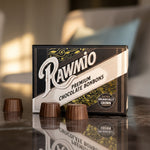
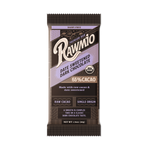
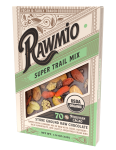
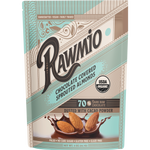
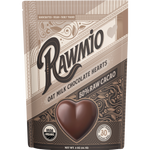

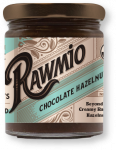
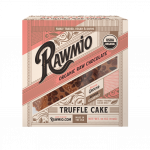
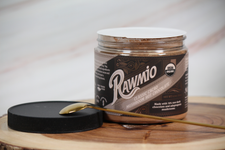
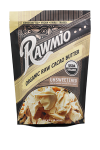
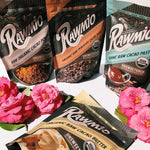
Leave a comment